
views
Cairo: The Syrian military intensified its vigorous assault on the besieged city at the center of the country's uprising on Sunday as defiant residents who have been pinned down in their homes for nearly a week struggled to find food, pass along information and bury their dead.
President Bashar Assad is determined to crush the six-week-old revolt, which began in the southern city of Daraa but quickly spread across the nation of some 23 million people.
Now, the once-unthinkable protests are posing the most serious challenge to four decades of rule by the Assad family in one of the most repressive and tightly controlled countries in the Middle East.
"The security solution isn't working. People are still demonstrating," Damascus-based human rights activist Razan Zaitouneh told by telephone. "They can't stop these (protests) now."
A drought-plagued city near the Jordanian border, Daraa has been without water, fuel or electricity since Monday, when the regime sent in troops backed by tanks and snipers to crush protests seeking the ouster of Assad. The 45-year-old, British-trained eye doctor inherited power from his father 11 years ago but failed to fulfill early promises of reform.
He has portrayed the unrest as a foreign conspiracy by extremists and armed thugs, not true reform-seekers.
The death toll has soared to 545 nationwide from government forces firing on demonstrators - action that has drawn international condemnation and US financial penalties on top figures in his regime.
Syrian army tanks shelled the old quarter of Daraa on Sunday and rolled in six armored vehicles, flanked on either side by two buses packed with more security forces, residents said. Snipers nesting on rooftops and hiding in high mosque minarets have kept people cowering in fear inside their homes.
But residents remained defiant and resourceful, using battery-powered computers and satellite telephones to communicate with the outside world, and sneaking through alleyways to share information. With soldiers stationed at cemeteries - apparently an attempt to pinpoint the families of protesters, many were hiding corpses in refrigerated trucks.
Unable to leave their homes, Daraa residents chant "God is Great!" to each other from their windows in the evenings, infuriating security forces and raising each other's spirits.
"Our houses are close to each other, so even though we can't go outside, we stand by the windows and chant," said a Daraa resident, speaking to the AP by satellite phone. "Our neighbors can hear us and they respond."
Syrian troops opened fire above their heads to silence them, the resident said.
Other areas of the country also have come under military control, but Daraa has faced the most serious stranglehold. It was in Daraa that the protest movement kicked off six weeks ago, sparked by the arrest of a group of teenagers who scrawled anti-government graffiti on a wall in Daraa. Now, the city has become a symbol of the uprising.
The witness' accounts of the siege on Daraa could not be independently verified. Syria has banned nearly all foreign media and restricted access to trouble spots, making it almost impossible to confirm the dramatic events shaking one of the most authoritarian regimes in the Arab world.
In a posting on a Syrian revolution website, one activist joked that if the newly married royals Prince William and Kate Middleton wanted to honeymoon somewhere away from media attention, Syria would be an excellent location.
The Obama administration hit three top Syrian officials as well as Syria's intelligence agency and Iran's Revolutionary Guard with sanctions over the crackdown.
"I think it's clear that (Assad) is willing to slaughter his own people," Arizona Sen. John McCain told the CBS show "Face the Nation" on Sunday. "The question is, what can we do to affect the outcome? And frankly, I don't see a military option. Libya, they had a group of people who at least were semi-organized that we could support."
The unrest in Syria has international repercussions because of the country's alliances with militant groups like Lebanon's Hezbollah and with Shiite powerhouse Iran. If the regime in Syria falls, the instability has the potential to upend the regional power balance in a part of the world that already is riven with strife.
In recent weeks, there have been small signs that cracks are developing in the regime.
Hundreds of members of Assad's ruling Baath Party have resigned over the crackdown.
Human rights activists uploaded a video to YouTube on Sunday that they say showed another 200 party members publicly stepping down in Rasten, where protests turned violent on Friday.
"Our martyrs don't just deserve that we resign from the party. They deserve that we step on this party!" said one man speaking into a microphone as a few thousand residents crowded before an open stage.
The president has responded with overtures of reform coupled with a crackdown, but the rising death toll has enraged protesters to the extent that they are now demanding nothing less than the downfall of the regime.
On Saturday, Syrian Prime Minister Adel Safar said the government is preparing a "comprehensive plan for the aspired reforms" in the coming weeks "in response to the citizens' demands and needs."
But previous overtures have failed to dampen the protests, and Safar's announcement - which once would have been considered a leap forward for reform - barely registered with those at the heart of the rebellion.










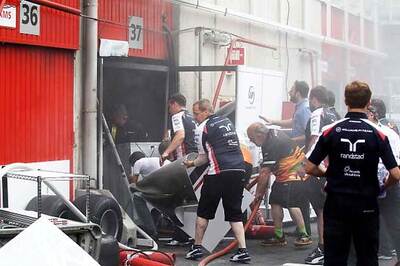

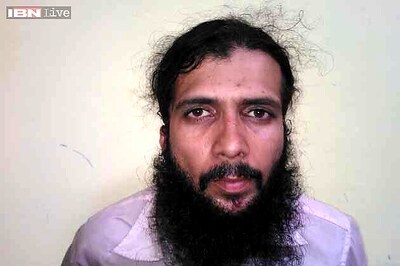
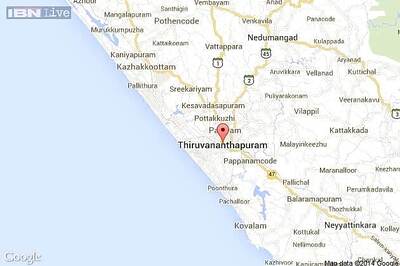
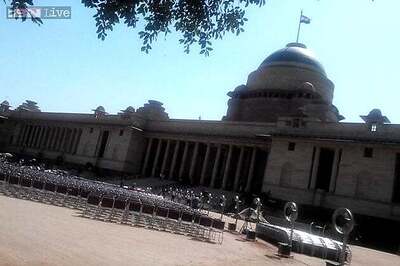
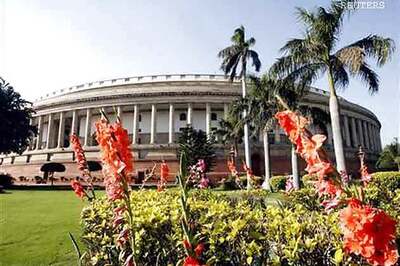

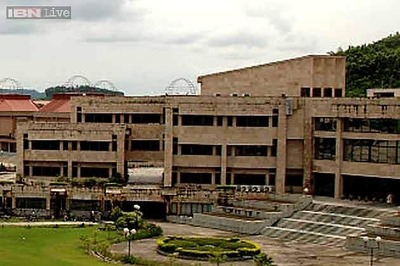


Comments
0 comment